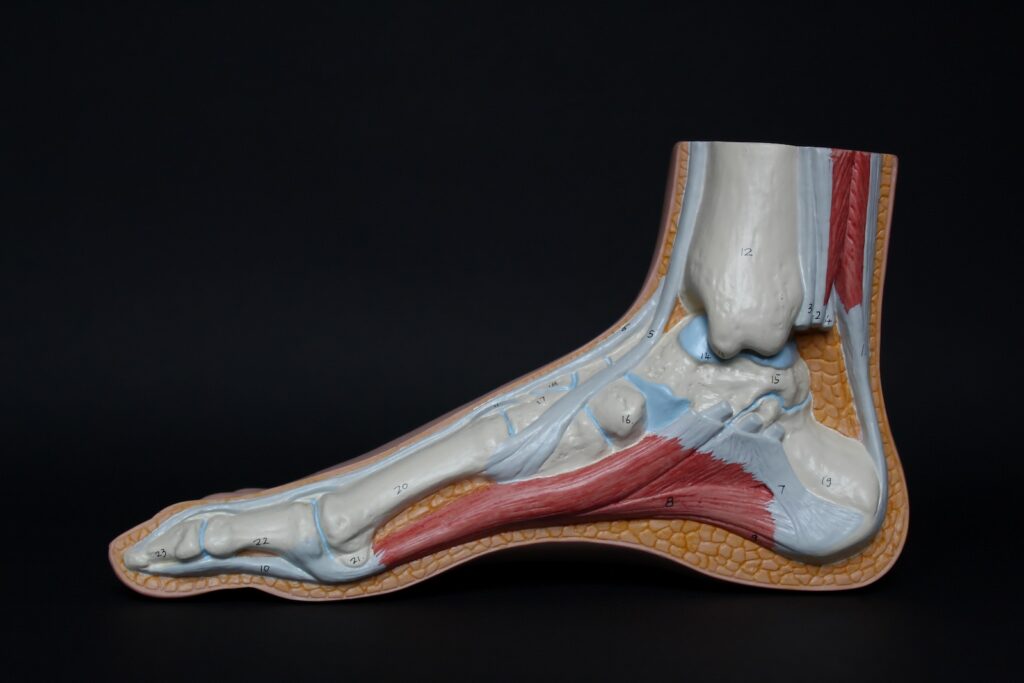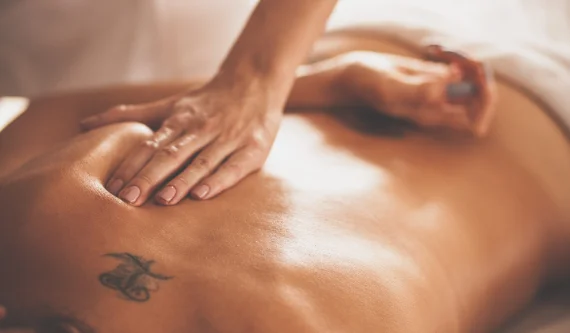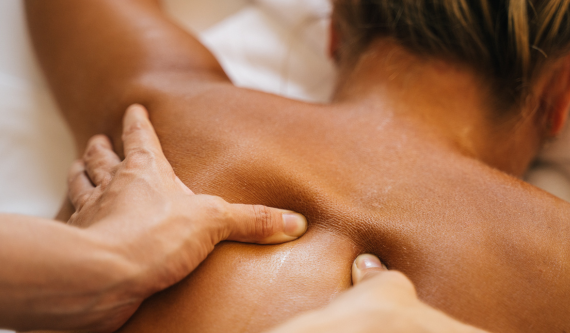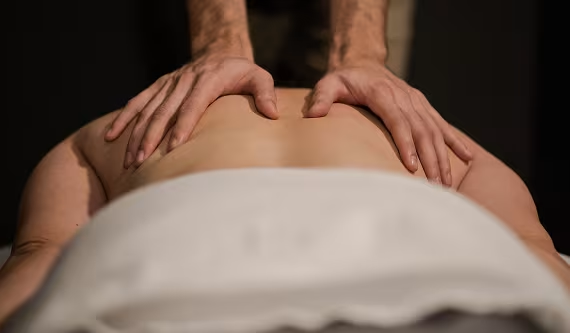Plantar fasciitis is a common condition that affects many people, causing pain and discomfort in the heel and arch of the foot. If you’re experiencing this type of pain, you’re not alone. Fortunately, there are ways to alleviate plantar fasciitis pain, and one of the best ways is through full-body workouts.
In this article, we’ll explore the causes and symptoms of plantar fasciitis, effective full-body exercises to relieve plantar fasciitis pain, tips for preventing plantar fasciitis, and the importance of maintaining whole-body health for plantar fasciitis relief.
Causes and Symptoms of Plantar Fasciitis
Plantar fasciitis is typically caused by inflammation and irritation of the plantar fascia, a thick band of tissue that runs along the bottom of the foot. The most common causes of plantar fasciitis are overuse, tight muscles, poor footwear, and weight gain. The most common symptoms are pain and tenderness in the heel and arch of the foot, especially in the morning or after prolonged standing or walking.
Effective Full-Body Exercises to Relieve Plantar Fasciitis Pain
Full-body exercises can help alleviate plantar fasciitis pain by improving foot and leg strength, flexibility, and overall health. Here are a few effective examples:
- Swimming: Swimming is an excellent low-impact exercise that can help improve cardiovascular health, increase flexibility, and relieve plantar fasciitis pain. Swimming also helps to strengthen the muscles in your feet, legs, and core.
- Cycling: Cycling is a low-impact exercise that helps to strengthen your legs and increase cardiovascular fitness. It’s also a great way to get outdoors and enjoy the fresh air while giving your feet a break.
- Yoga: Yoga is an excellent way to increase flexibility, improve balance, and relieve plantar fasciitis pain. Yoga also helps to strengthen the muscles in your feet, legs, and core.
- Resistance Band Exercises: Resistance band exercises are a great way to strengthen the muscles in your feet, legs, and core. These exercises also help to increase flexibility and relieve plantar fasciitis pain.
- Walking: Walking is an excellent low-impact exercise that helps to increase cardiovascular fitness, improve flexibility, and relieve plantar fasciitis pain. Walking is also a great way to get outdoors and enjoy the fresh air.
Tips for Preventing Plantar Fasciitis
Preventing plantar fasciitis requires a combination of good footwear, maintaining a healthy weight, and stretching and strengthening exercises. Here are a few tips:
- Wear Supportive Shoes: Make sure to wear shoes with good arch support and cushioning.
- Maintain a Healthy Weight: Excess weight can put additional strain on the feet and increase the risk of plantar fasciitis.
- Stretch Regularly: Incorporate stretching exercises into your daily routine to improve flexibility and prevent tightness in the feet and legs.
- Strengthen Your Feet and Legs: Engage in exercises that target the muscles in your feet and legs, such as calf raises and toe curls.
The Importance of Whole-Body Health for Plantar Fasciitis Relief
Maintaining whole-body health is essential for plantar fasciitis relief. Tight muscles in the legs and feet can lead to inflammation and irritation of the plantar fascia, which can cause pain and discomfort. Therefore, engaging in exercises that promote overall body health, such as cardio and strength training, can improve circulation, reduce inflammation, and alleviate pain.
In addition to exercise, eating a healthy diet, getting enough sleep, and reducing stress can also help to maintain whole-body health and relieve plantar fasciitis pain.
Proper Nutrition
Maintaining a healthy diet is essential for overall health and can help to reduce inflammation in the body, including the feet. A diet rich in fruits, vegetables, lean proteins, and healthy fats can help to reduce inflammation and support whole-body health.
Getting Enough Sleep
Sleep is crucial for whole-body health and plays an essential role in repairing and healing the body. Getting enough sleep can help to reduce inflammation, promote healing, and reduce plantar fasciitis pain.
Reducing Stress
Stress can cause tension and tightness in the muscles, including the muscles in the feet and legs. Reducing stress through techniques such as meditation, deep breathing, and yoga can help to improve overall health and reduce plantar fasciitis pain.
Conclusion
Plantar fasciitis can be a painful and debilitating condition, but it doesn’t have to be. By engaging in full-body exercises that improve foot and leg strength and flexibility, wearing supportive shoes, maintaining a healthy weight, and stretching regularly, you can alleviate plantar fasciitis pain and prevent future episodes.
In addition to exercise, maintaining whole-body health through proper nutrition, getting enough sleep, and reducing stress can also help to alleviate plantar fasciitis pain and improve overall health. By taking care of your body and maintaining whole-body health, you can enjoy a pain-free, active lifestyle.





